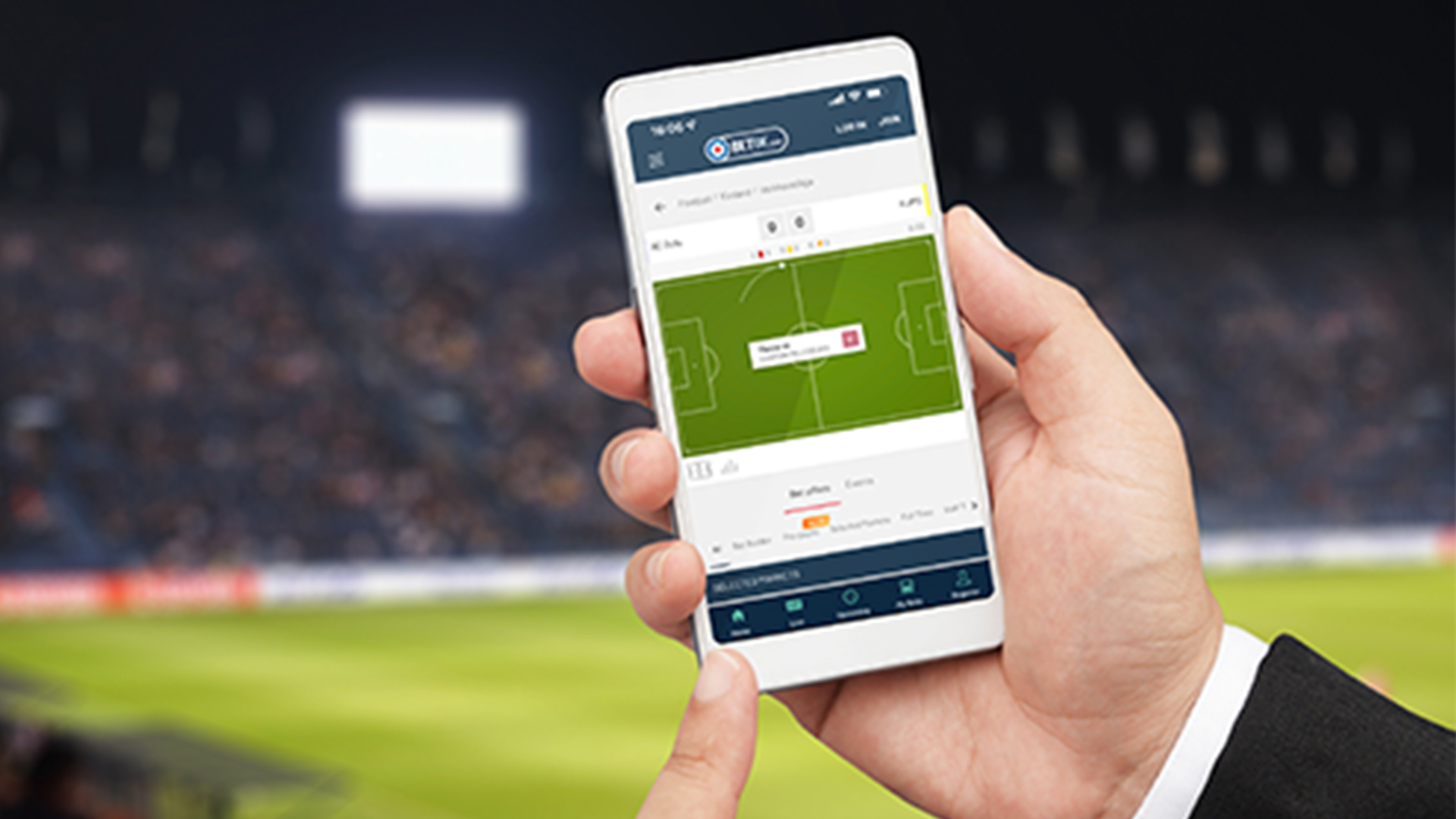
Decimal Odds Betting Guide
Decimal Betting Odds
Decimal betting odds have been around for decades and are now the most popular type of odds available to UK punters. Over the years more and more sports betting fans have gravitated towards decimal odds due to their convenience and ease of use.
These days the best sportsbooks – like Bet UK – carry decimal odds as well as fractional and American. But if you’ve never bet with decimal odds before you might not know how they work. In this guide we’ll take you through the intricacies of decimal odds betting, where the concept came from, and how to read decimal odds.
What are decimal betting odds?
Decimal odds are a form of betting odds that show punters the likelihood they have of winning a bet, based on how much they’ll get back in total from a £1 stake. They usually look something like this…

Here, you can see that the shortest odds are for the black to be the first coloured ball potted in a game of snooker (after a red, of course). That’s because black has the smallest decimal odds, while the pink, brown and yellow all have far greater odds.
How decimal betting odds work
Decimal odds may look complicated but they’re actually very easy to understand. That’s because you can work out your return from a winning bet simply by looking at the number. All you need to do is multiply the odds by your stake, and that’s your return.
So, for example, you bet £1 on Manchester City to beat Milan at odds of 3.00. This means you’ll get £3 back in your account if City win. Bet £10 and you’ll get £30 back, etc.
Here’s the maths for decimal odds: £1 bet at 3.00 odds = £2 profit + £1 stake back = £3 return.
Of course, if you don’t want to do the maths, then you can always click on your chosen odds in the Bet UK sportsbook, enter your proposed stake in the pop-up bet slip, and check your potential return before hitting Place Bet!
History of decimal betting odds
Decimal betting odds have only been around for a few decades, and slipped under the radar until the advent of online sports betting. Before that, bookmakers would use fractional betting odds to set prices on sports events like horse racing and football. Fractional betting odds were fine back then, because betting jargon was more commonplace. Bookmakers also rarely set complicated prices, so you could wager on a team to win the FA Cup final at odds of 2/1 or 3/1, rather than 8/11 or 7/15.
The emergence of online sports betting gave bookmakers the chance to be even more detailed with their odds, because you could easily calculate payouts via a computer. But the odds were still a little confusing to a fresh generation of sports bettors.
Decimal odds were therefore promoted. The decimal figures meant bookmakers could be far more detailed, and bettors could compare odds more easily. Now, when you see odds of 6.30, you know a £1 bet gets you £6.30 back. There’s very little maths to contend with.
Difference between decimal, fractional and American odds
Sports betting odds, no matter the type, all aim to show bettors the likelihood of an event occurring. The shorter the odds, the more likely the outcome will happen, and so your payout is smaller. Likewise, the longer the odds, the less likely an outcome will happen, so your payout is bigger.
Here’s a brief breakdown of how decimal odds are different to fractional and American styles:
Decimal Odds
Decimal odds are most commonly used in Europe, Australia, New Zealand and Canada, and are the popular choice at Bet UK. They represent the total payout (winnings plus original stake) for each unit staked.
To calculate the potential winnings of decimal odds, simply multiply the odds by the stake. For example, if the decimal odds are 2.00 and you bet £10, you would receive £20 (£10 x 2.00) in total, which includes your original stake of £10 and £10 in profit.
Decimal odds are considered easy to understand and use, making them the popular choice for those in the Bet UK community.
Fractional Odds
By contrast, fractional odds are a little more complicated. They represent the potential profit relative to your stake. Fractional odds are expressed as a fraction, such as 5/1 or 2/1.
Now, it’s time to remember those GCSE maths lessons. To calculate your potential winnings, divide the numerator (top number) by the denominator (bottom number) and multiply by your stake.
For example, with odds of 5/1 and a £10 stake, you would win £50 (£10 x 5) plus your original stake of £10, totaling £60. Fractional odds are considered traditional in the UK, but can be more challenging for some bettors to understand compared to decimal odds.
American Odds
You’ll see American odds most commonly in the United States, although UK bookmakers do offer them as a choice. They are expressed as either positive or negative numbers, and of course they’re supersized over in America.
Positive odds numbers indicate the amount of profit you would win on a £100 stake (not a £1 stake), while negative numbers show how much you need to stake to win £100. For example, if the odds are +300, a £100 bet would yield £300 in winnings. If the odds are -300, you would need to bet £300 to win £100.
Decimal Odds FAQs
Does Bet UK use decimal odds?
Yes. Bet UK use decimal odds for all our sports betting markets, including football, cricket, horse racing and NFL. You can change the odds type in your settings when you open a Bet UK account.
Can I switch between decimal odds and fractional odds?
Yes. At Bet UK you can choose your odds type and switch between decimal and fractional.